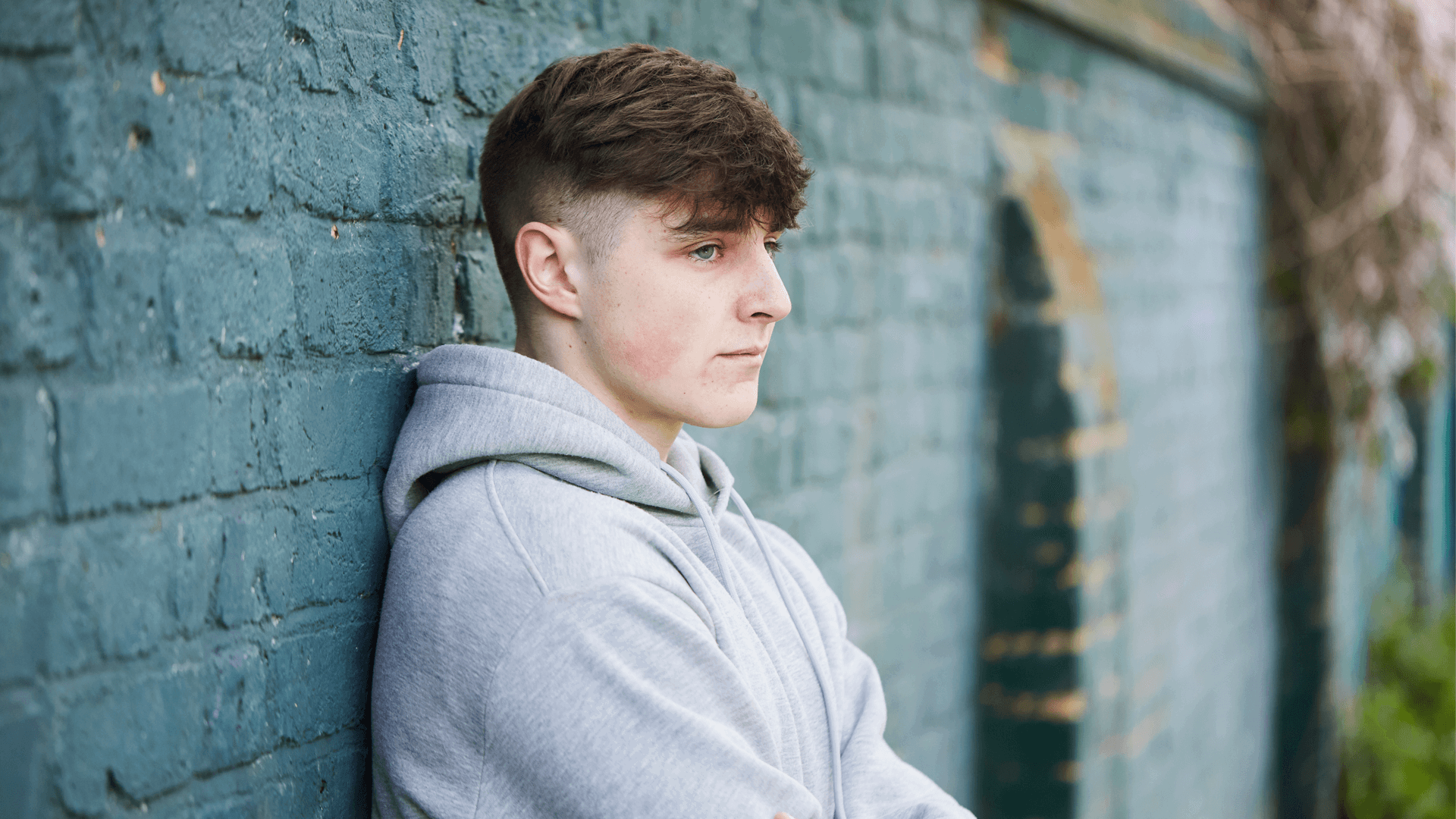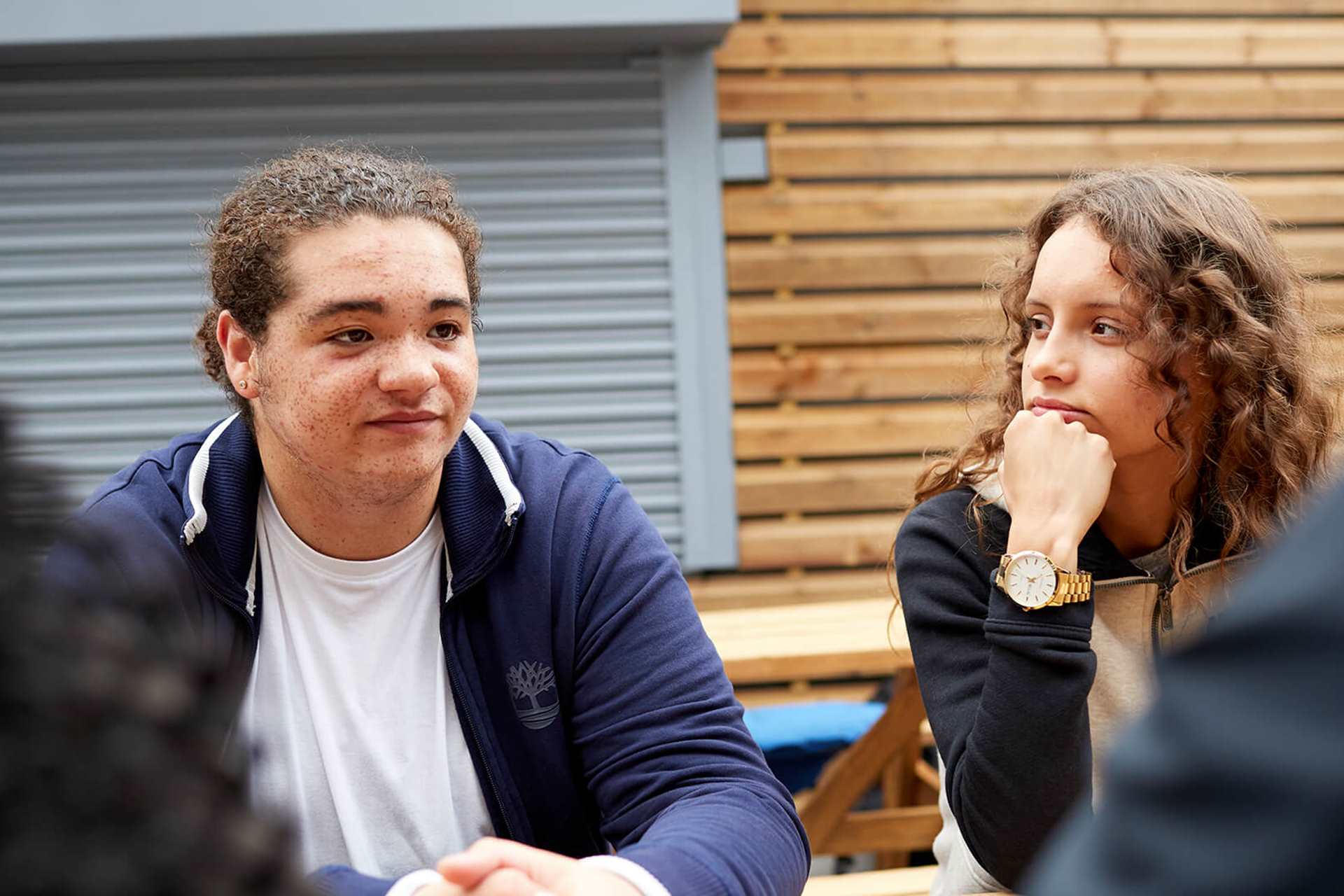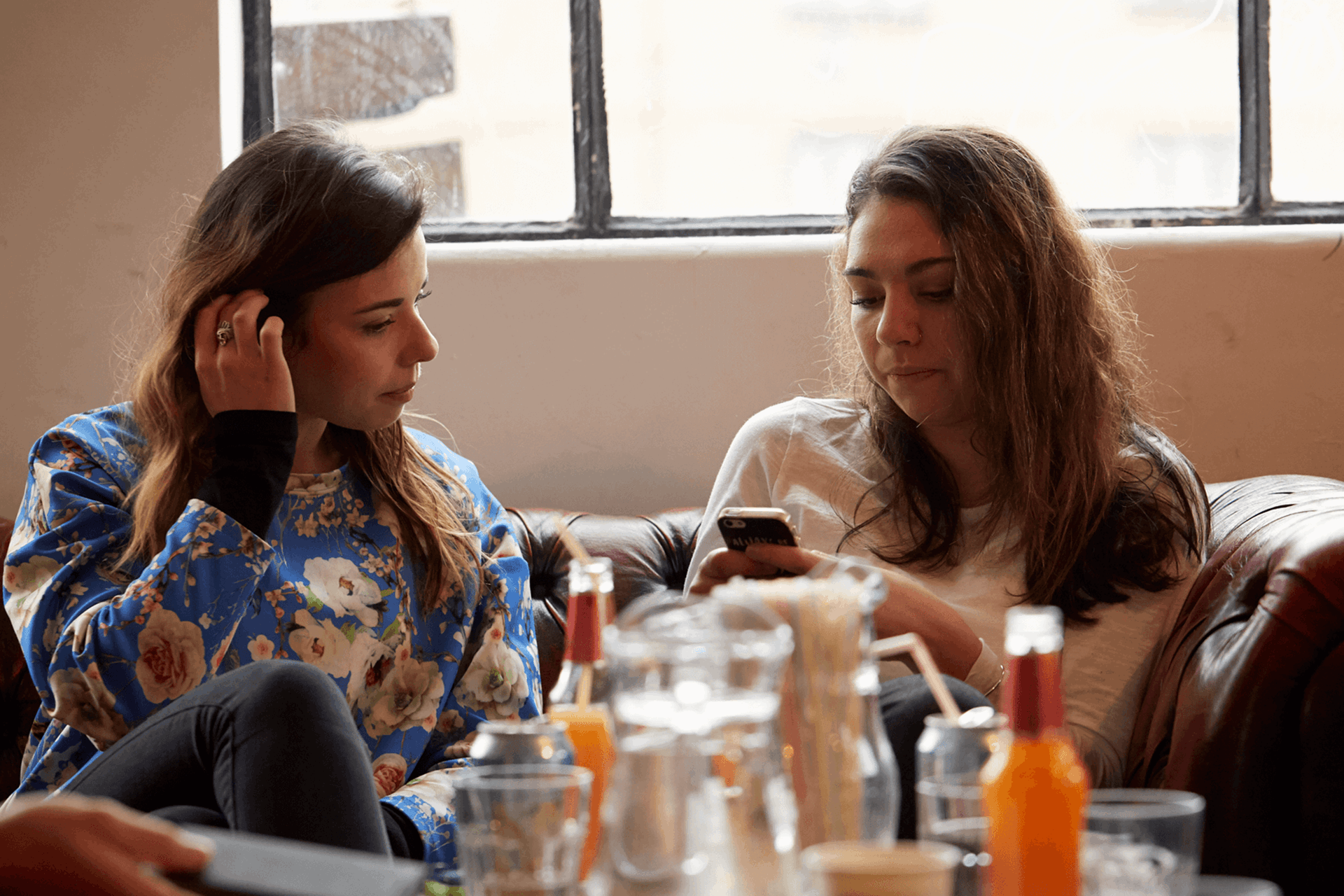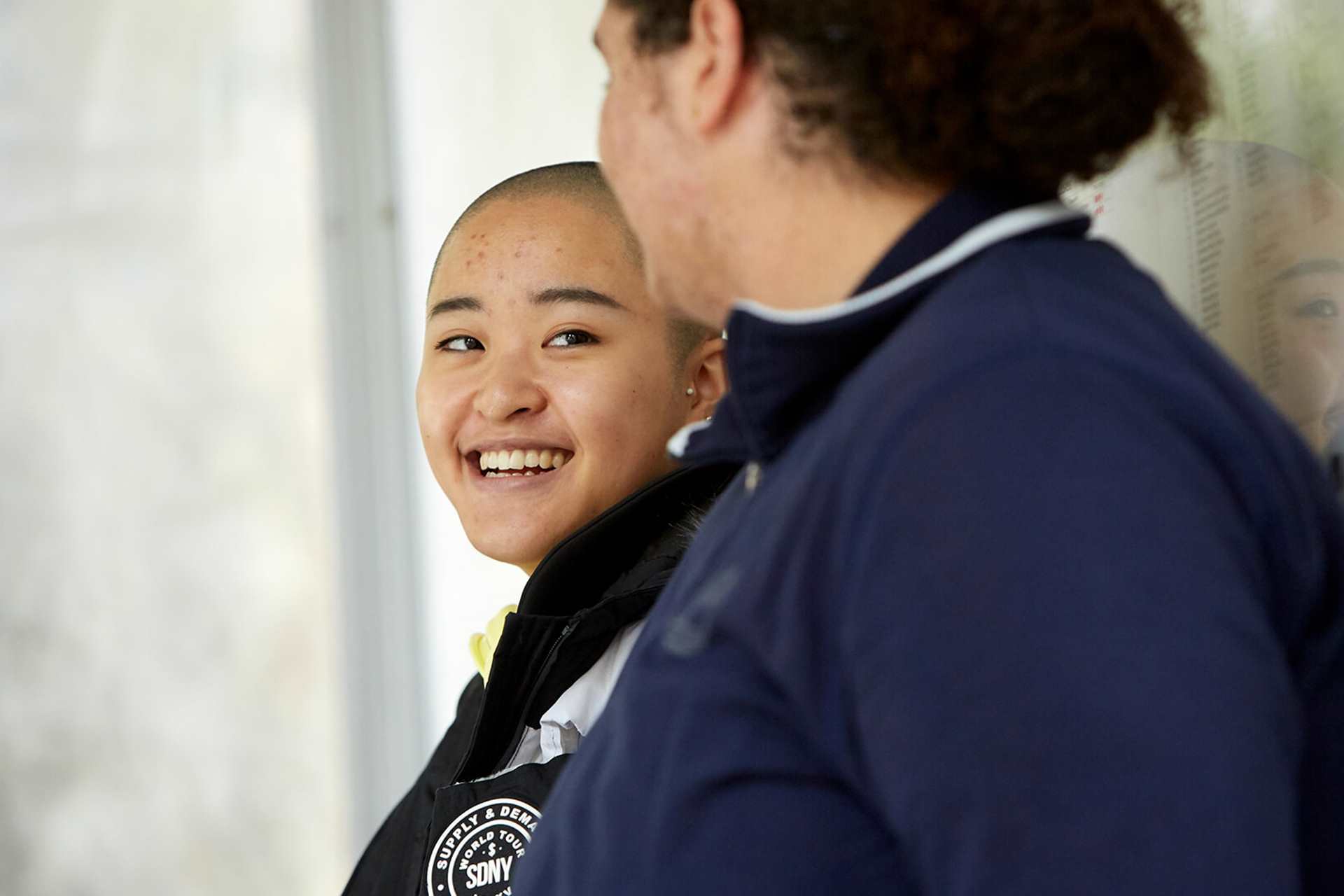Topics mentioned: eating problems, counselling and therapy
About: Luca shares some of the lessons and pieces of advice they learnt when they had cognitive behavioural therapy (CBT) for an eating disorder.
I developed an eating problem in response to one of the most tumultuous and scary times in my life. I’d always suffered from low self-esteem, but my mum had been diagnosed with cancer, and I felt alone and extremely anxious.
Reaching out and asking for help was one of the hardest things I’ve ever had to do, but with support from BEAT and my family I was diagnosed with an eating disorder and referred for cognitive behavioural therapy (CBT). I learnt a lot and wanted to share these things in the hope that it might help someone else who’s struggling like I was.
There are no ‘bad’ foods, they just give you different nutrients.
-
Say out loud what you say to yourself
This really helped me to understand how mean we can be to ourselves. When I started saying out loud the comments I would say to myself, berating myself for what I ate or how I looked, I realised I would never say any of that to another person and that being kinder to myself was the first step on a long journey ahead.
-
Eating problems thrive when they isolate you, so reach out
-
Focus on more than physical appearance
We’re all so much more than what we look like. Make a list of all the positive attributes and skills you have. This can be a quality like being compassionate or thoughtful, or maybe you’re really good at drawing or writing poetry. Whatever it is, write it down and recognise what you’re good at beyond how you look.
-
Challenge your thoughts with science
This one really helped me, especially through my CBT journey. Once I had a better understanding of nutrition, I realised I could challenge the eating disorder voice that had controlled me for so long. It also made me realise there are no ‘bad’ foods, they just give you different nutrients.
-
Have a list of ways to distract yourself
Unlearning behaviours you’ve relied on for a long time can be extremely tough, so it’s important to write down things you enjoy to distract yourself when you’re feeling low. For me this would be going for a leisurely walk and picking out five things that brought me joy, reading my favourite book, and spending some time with my dog. By identifying positive coping mechanisms and having them ready, it reduces the likelihood of falling back into negative behaviours and increases your resilience.
-
Constantly remind yourself of the benefits of recovery
For me this meant sticking post-it notes on my wall with all the ways my life had improved since starting CBT, including reconnecting with my family and friends, being less tired and more able to focus on things I enjoy, and feeling more able to deal with stressors in my life.
Admitting that I needed help is one of the toughest things I’ve ever had to do, but being able to live my life without the hold of my eating problems far outweighs the anxiety and fear I felt starting CBT. I’m far healthier, happier, and I’m living my life the way I want to. Reaching out and starting therapy was one of the best decisions I ever made and, given the choice, I would always choose it again.
Reaching out and starting therapy was one of the best decisions I ever made and, given the choice, I would always choose it again.
More information and advice
We have tips and advice to help you find the support you need. Take a look at our guides.
Where to get help
However you're feeling, there are people who can help you if you are struggling. Here are some services that can support you.
-
Beat
Offers information and support for anybody affected by eating disorders.
One-to-one web chat available. They also run a range of online support groups, which are all fully moderated and anonymous.
Enter your postcode in the HelpFinder to see what eating disorder support is available in your area.
View their information on helpline accessibility and confidentiality.
- Opening times:
- 365 days a year - weekdays (9am - 8pm); weekends (4pm - 8pm)
-
Shout
Text SHOUT to 85258.
Shout provides free, 24/7 text support for young people across the UK experiencing a mental health crisis.
All texts are answered by trained volunteers, with support from experienced clinical supervisors.
Texts are free from EE, O2, Vodafone, 3, Virgin Mobile, BT Mobile, GiffGaff, Tesco Mobile and Telecom Plus.
Texts can be anonymous, but if the volunteer believes you are at immediate risk of harm, they may share your details with people who can provide support.
- Opening times:
- 24/7
-
Tellmi
Formerly known as MeeToo. A free app for teenagers (11+) providing resources and a fully-moderated community where you can share your problems, get support and help other people too.
Can be downloaded from Google Play or App Store.






